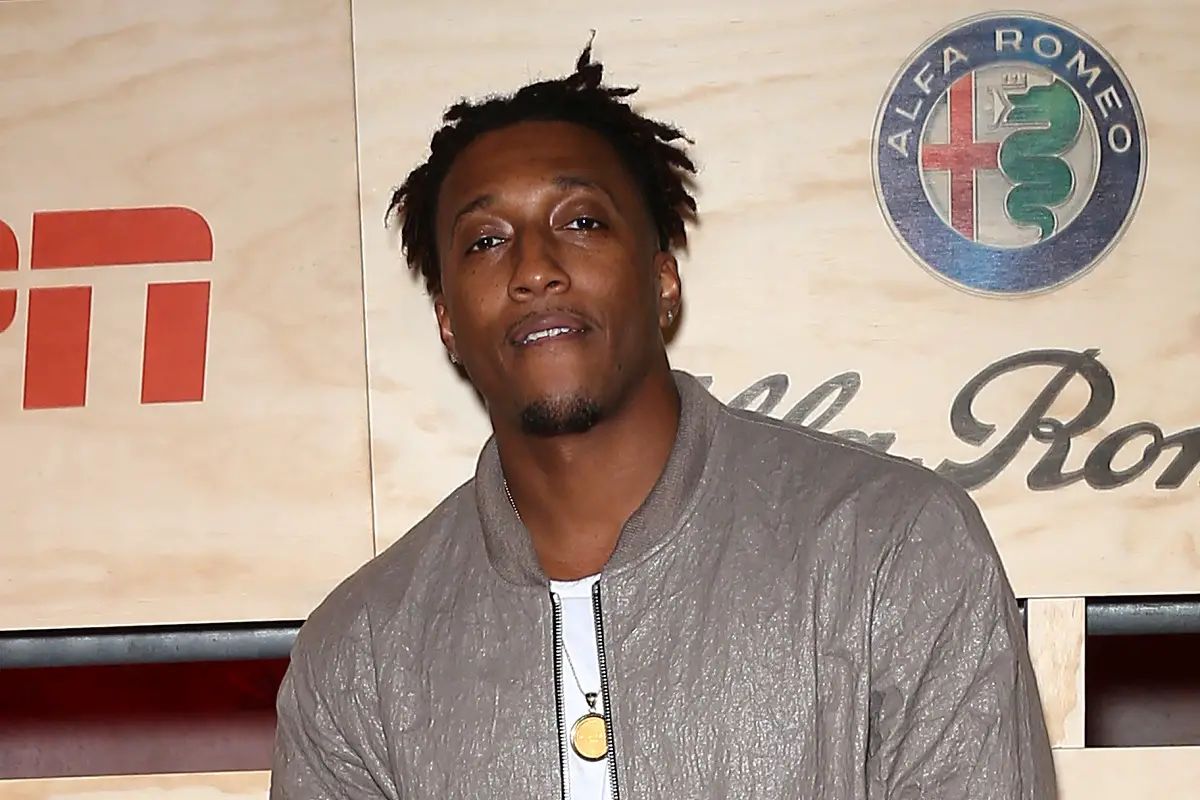The year 2020 will mostly be remembered for the COVID-19 pandemic and the global Black Lives Matter protests against police brutality and racial injustice. People around the world used whatever platform they had to bring awareness to African-Americans – like George Floyd and Breonna Taylor – who were victims of extrajudicial killings perpetrated by police officers.
Conversations about the institution of American slavery, systemic racism, and white privilege can be uncomfortable, especially when those topics are being addressed in a mixed-race setting. A discussion about race can sometimes lead to uninformed, problematic, and/or offensive statements.
For example, Lecrae found himself at the center of controversy last year when he was seen head nodding while Caucasian megachurch pastor Louie Giglio suggested the phrase “white privilege” should be replaced with the phrase “white blessing.” Giglio also offered that the “blessing of slavery” built “the framework for the world that white people live in.”
Lecrae has been outspoken about racial injustice throughout his career, and the Hip Hop artist’s stance on the issue caused some of his white evangelical fans to stop supporting him. The I Am Restored: How I Lost My Religion But Found My Faith author was asked about the turmoil involving his relationship with the Christian church while on the Tamron Hall show.
“I recall being very vocal about my views on race, specifically Mike Brown and Trayvon [Martin], and I didn’t realize that the church has so many different views on it, so I thought we were all one big happy family, we all agreed wrong is wrong,” Lecrae told Hall.
The 2-time Grammy winner continued, “When I spoke out against police brutality and racism, I was met with so much opposition, and it really took me aback. I thought maybe I said something the wrong way. And it was both the silence and the opposition that I received from the church – I just didn’t know which way was up and which way was down. And where was God in the midst of it.”
